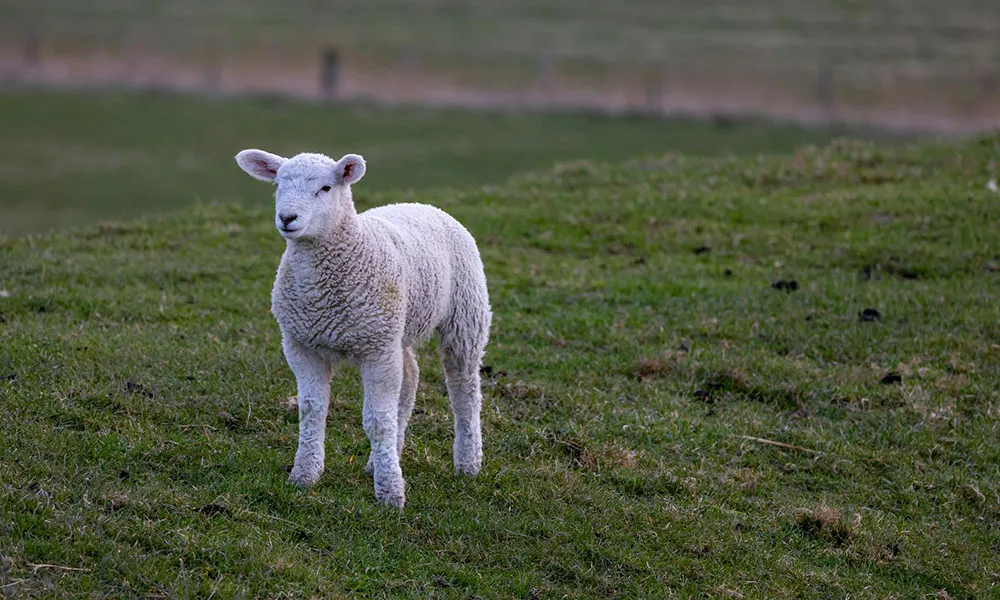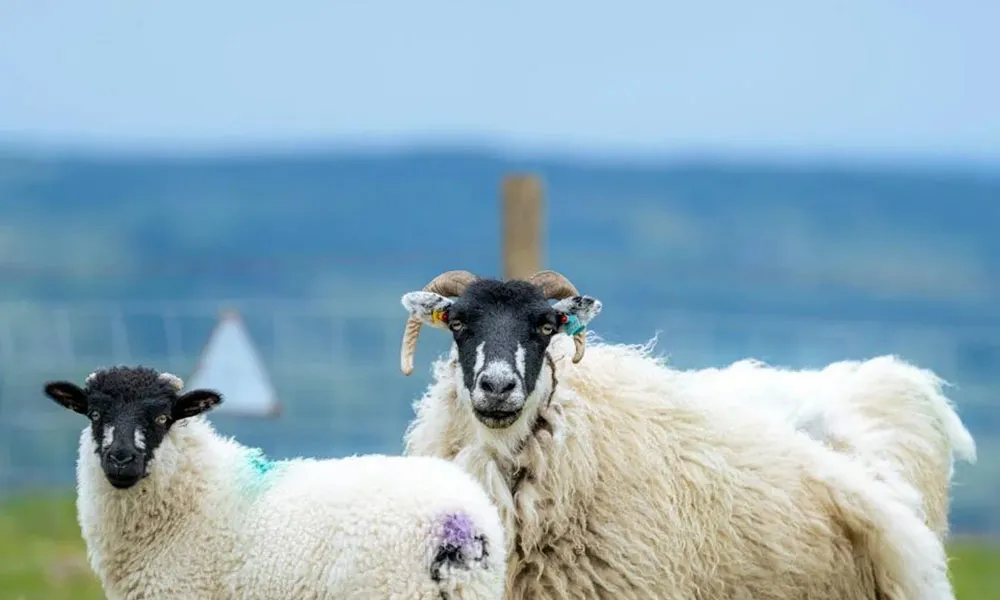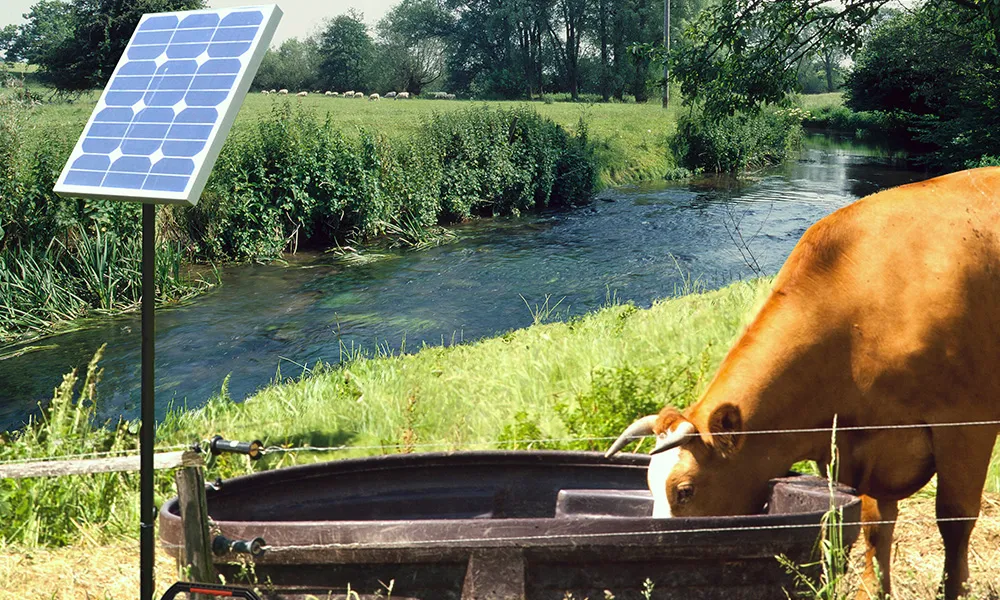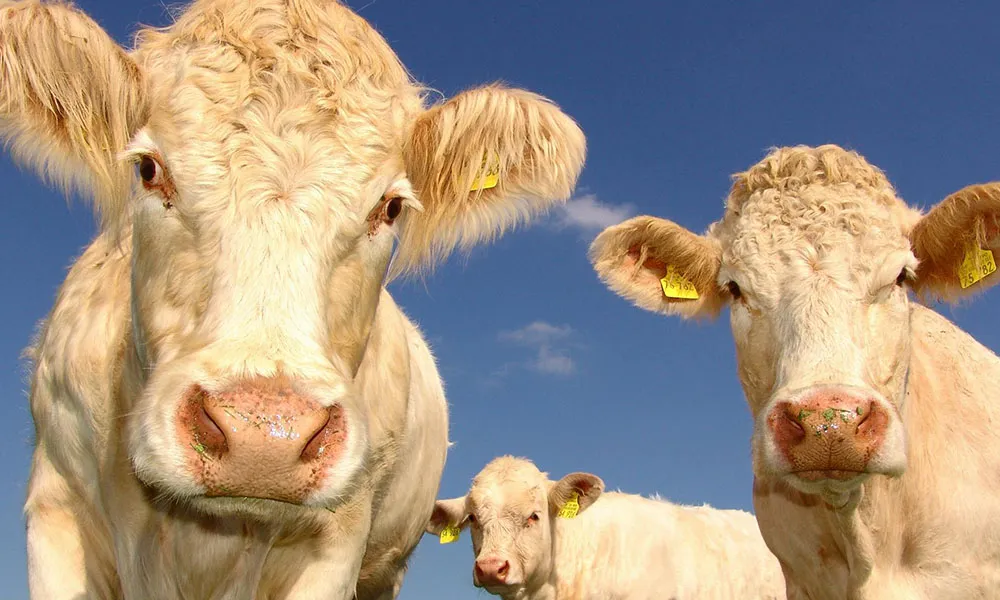
As summer gets underway, Agridirect offers farmers some advice on the prevention of clostridial diseases in sheep, and provides some information about the best vaccines available on the market.
Here comes the sun!
Well folks, it seems fair to say that summer has arrived, and not before we had need of it. Last weekend saw highs of 21 or 22 degrees in some parts of the country. In northern and western counties, where growth has been abysmal until now, grass is finally on the move. As we move into June, we can almost smell the first cut of grass!
Dangers seen and unseen
Despite our jubilation, sheep farmers will be on the lookout for signs of the blowfly. Indeed, this week promises to be warm with heavy rain showers. Heat and humidity. Those are perfect conditions for the sheep farmer’s summer scourge. For information about the best ways to manage a blowfly infestation, please see our blog entry from 2 weeks ago. It is available here. We should not allow our fear of the blowfly to distract us from other concerns, however. At any time of year, there is always more than one danger to livestock. While the blowfly is our most visible foe during the summer months, farmers should also be alert to the possibility that warm weather may lead to an explosion in clostridial diseases. Clostridial diseases, such pasteurellosis, black leg, pulpy kidney, lamb dysentery and black disease, come from spores that are present in the soil. Sheep usually carry clostridial spores on their tonsils, but when the animal is run down and the immune system has been compromised, they can become deadly. 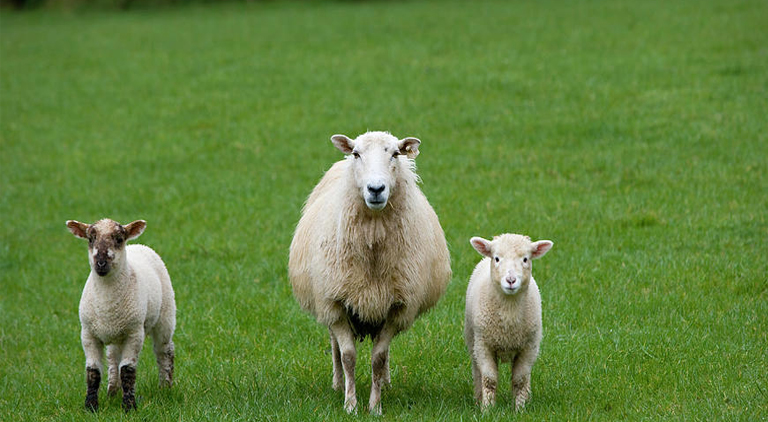
Vaccination better than devastation
Lambs, if they have not been vaccinated yet, are now entering a risky period. Many of you will have vaccinated your ewes a few weeks prior to lambing time. If this is the case, these lambs will have enjoyed passive immunity to clostridial diseases for the last few weeks. That means that they inherited immunity from their mothers. Now, however, that period of immunity has expired. With that in mind, you should consider vaccinating your lambs whenever you decide to bring the flock in for shearing. A little bit of extra effort may save you from a disastrous outcome later in the season. Clostridial diseases are a major cause of sheep mortality. Even worse, they are almost impossible to treat because the first observable symptom is, very often, death. They are a common the culprit when we find dead lambs in the field during the dry summer months. I know that we have lost many lambs in this way over the years. Late lambs, born in April and May, seem to be especially vulnerable to it, in my experience.
Know your vaccines
If you haven’t vaccinated your lambs yet, but think that now is the right time, we are delighted to offer you some friendly advice. Here at Agridirect, we stock the best vaccines on the market at the keenest rates. For your benefit, we have included the important information on these vaccines below. Have a read and let us know what you think! 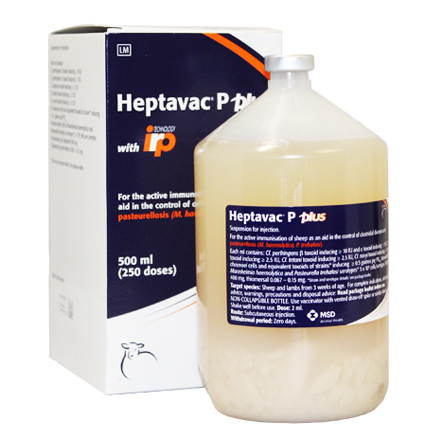 Heptavac-P Plus is one of the most popular vaccines on the market. It is an injectable immunisation which has been proven to reduce mortality in sheep. It is used in the control of pasteurellosis pneumonia and clostridial diseases in sheep such as lamb dysentery, pulpy kidney, struck, tetanus, braxy, blackleg and black disease. Heptavac-P Plus has high success rates and is currently on sale here at Agridirect.
Heptavac-P Plus is one of the most popular vaccines on the market. It is an injectable immunisation which has been proven to reduce mortality in sheep. It is used in the control of pasteurellosis pneumonia and clostridial diseases in sheep such as lamb dysentery, pulpy kidney, struck, tetanus, braxy, blackleg and black disease. Heptavac-P Plus has high success rates and is currently on sale here at Agridirect. 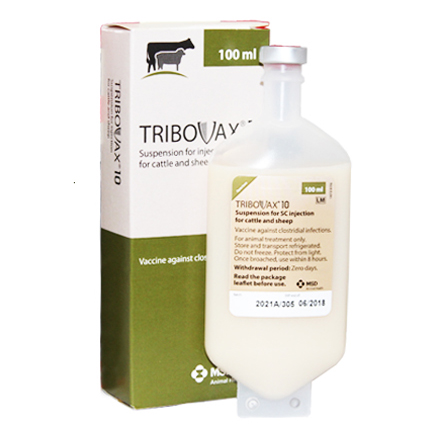 Tribovax 10 is a 4 in 1 clostridial vaccine for cattle and sheep for Blackleg, Braxy, Black Disease and Tetanus. Vaccination with Tribovax 10 induces an active immunity that protects the vaccinated animal for a period of up to 12 months. The duration of the period of immunity ensures that vaccinated animals are protected all the year round and simplifies management procedures on the farm. Lambs and calves can be vaccinated from as young as 2 weeks old.
Tribovax 10 is a 4 in 1 clostridial vaccine for cattle and sheep for Blackleg, Braxy, Black Disease and Tetanus. Vaccination with Tribovax 10 induces an active immunity that protects the vaccinated animal for a period of up to 12 months. The duration of the period of immunity ensures that vaccinated animals are protected all the year round and simplifies management procedures on the farm. Lambs and calves can be vaccinated from as young as 2 weeks old.
Always read the instructions
So that’s it from the animal medicines corner for this week. Please remember that, no matter what vaccines you buy for your animals, it is crucial that you read the manufacturer’s instructions. As with the majority of human Covid-19 vaccines, lambs will usually need two shots, delivered a few weeks apart, to gain full immunity. Booster shots may be delivered thereafter as recommended by the manufacturer’s guidelines.
A closing thought
 As we enter the high summer months, we are always conscious of the need to remind farmers about farm safety. In the excitement of hooking up mowers and bailers, the joy of getting behind the wheel and basking in the sun as we bring down swards, it can be easy to forget that moving machinery is very dangerous. So please, all of you, stay safe. Exercise caution over the coming weeks when operating or working around machinery. And most importantly of all – keep children well away from working machines. I think we can all agree that there have been far too many tragedies on Irish farms in recent years. Let’s try to make this a disaster-free summer. Thanks for reading!
As we enter the high summer months, we are always conscious of the need to remind farmers about farm safety. In the excitement of hooking up mowers and bailers, the joy of getting behind the wheel and basking in the sun as we bring down swards, it can be easy to forget that moving machinery is very dangerous. So please, all of you, stay safe. Exercise caution over the coming weeks when operating or working around machinery. And most importantly of all – keep children well away from working machines. I think we can all agree that there have been far too many tragedies on Irish farms in recent years. Let’s try to make this a disaster-free summer. Thanks for reading!




